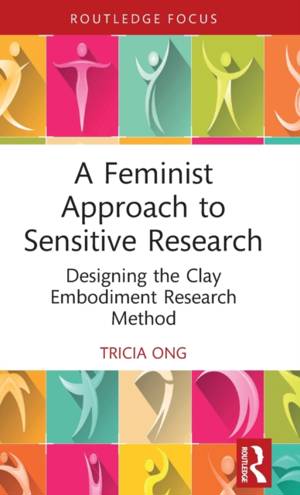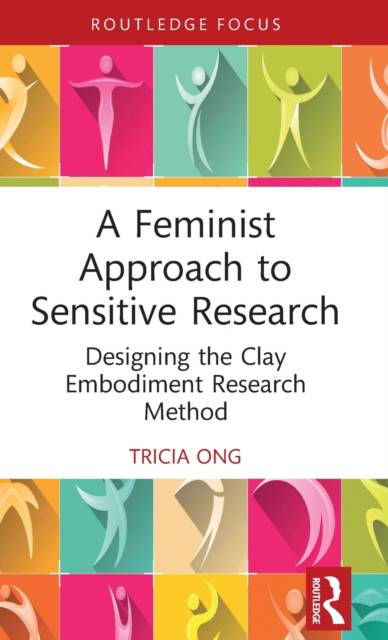
- Retrait gratuit dans votre magasin Club
- 7.000.000 titres dans notre catalogue
- Payer en toute sécurité
- Toujours un magasin près de chez vous
- Retrait gratuit dans votre magasin Club
- 7.000.000 titres dans notre catalogue
- Payer en toute sécurité
- Toujours un magasin près de chez vous
Description
This book explores the development and implementation of the Clay Embodiment Research Method (CERM) with one of the most stigmatized, oppressed, and marginalized groups of women in Nepal: sex-trafficked women.
It argues for the use of a feminist approach to such research given the prevailing patriarchal norms, cultural sensitivity of reproductive health, stigmatization of sex trafficking, and low literacy of the women involved. Beginning with an exploration of the author's relationship with Nepal and the women who guide the study, and the realization that a more accessible research approach was needed than the techniques otherwise commonly used, it discusses the use of clay and photography as ideal entry points to engaging with the women in the research and creating this ethical methodology for self-empowerment. Not only does the volume highlight extraordinary insights offered by the women involved in this study through the application of CERM, but also the recognition that its use requires expertise that can deal with the potential elicitation of trauma. The book makes the case for further study on improving the method's use in research, education, and therapy involving low-literate, stigmatized, oppressed, and marginalized populations, particularly where cultural sensitivity is an important consideration.
A Feminist Approach to Sensitive Research
is suitable for students, scholars, and researchers in Gender Studies, Sociology, Health Studies, Anthropology, and Asian Studies.Spécifications
Parties prenantes
- Auteur(s) :
- Editeur:
Contenu
- Nombre de pages :
- 108
- Langue:
- Anglais
- Collection :
Caractéristiques
- EAN:
- 9781032257242
- Date de parution :
- 07-12-22
- Format:
- Livre relié
- Format numérique:
- Genaaid
- Dimensions :
- 140 mm x 216 mm
- Poids :
- 294 g







